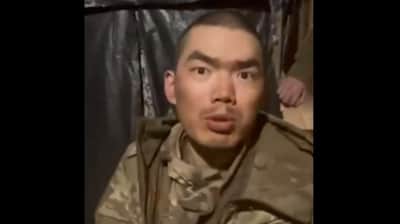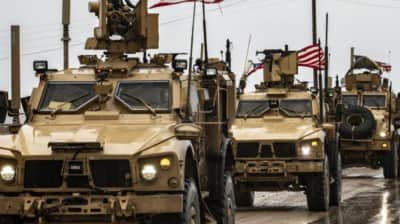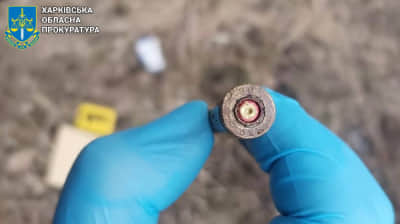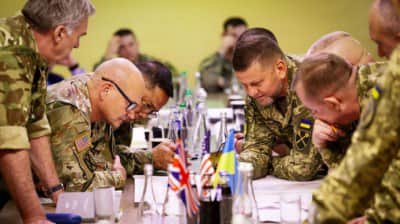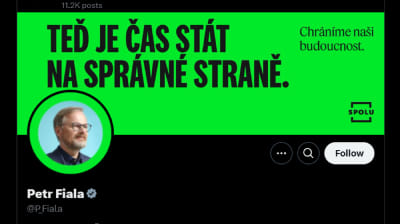Putin's nuclear rhetoric aims at undermining Western support for Ukraine – ISW
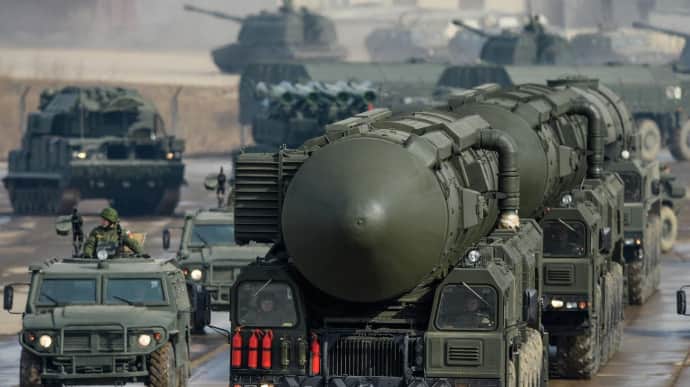
Vladimir Putin, the leader of Russia, has been talking about nuclear weapons for two consecutive days, specifically mentioning the possibility of "lowering the threshold" for the use of nuclear weapons in Russia's nuclear doctrine. The Institute for the Study of War believes that Putin is articulating nuclear threats to hinder further Western support for Ukraine and undermine international efforts to coordinate a strategic vision to counter Russia's aggressive war against Ukraine.
Source: Institute for the Study of War (ISW)
Details: During his recent speech on 21 June, Putin stated that Russia intends to further develop its nuclear triad to ensure strategic deterrence and maintain global power balance. He also highlighted Russia's efforts to enhance its conventional combat capabilities and defence industrial production.
During a press conference in Vietnam on 20 June, Putin suggested that Russia might lower the threshold for nuclear use in its nuclear doctrine. He argued that a potential future defeat of Russian forces in Ukraine could lead to the collapse of Russia's statehood.
ISW suggested that Putin's equation of a defeat in Ukraine with an existential threat to Russia could be a strategic manoeuvre. This framing could justify potential deviations from current nuclear doctrine in extreme circumstances.
Putin's statement on 21 June appears to align with recent efforts aimed at undermining Western attempts to unite against Russia's invasion of Ukraine and achieve a decisive outcome.
ISW maintains that while the threat of nuclear escalation is a key element of Russia's strategy to influence foreign decision-making, actual nuclear escalation remains improbable due to existing nuclear and conventional deterrence mechanisms.
To quote the ISW’s Key Takeaways on 21 June:
- Russian leader Vladimir Putin continues to invoke nuclear threats as part of his ongoing information campaign to discourage further Western support for Ukraine and undermine the international community's efforts to cohere its strategic vision for defeating Russia’s war of conquest against Ukraine.
- Putin and Russian Foreign Minister Sergei Lavrov continued to emphasise Russia's initiative to create an alternative "Eurasian security architecture," likely as part of ongoing efforts to establish a coalition of friendly states to act as an alternative to the West and undermine NATO.
- The Russian Ministry of Foreign Affairs (MFA) criticised South Korean and Japanese objections to the Russian-North Korean strategic partnership agreement and directly tied the agreement to Russian President Vladimir Putin's "Eurasian security architecture" initiative.
- Ukrainian forces struck oil refineries and military targets in Bryansk and Astrakhan oblasts, Krasnodar Krai, and occupied Crimea on the night of 20 to 21 June.
- Moscow State University (MGU) announced on 21 June that it has opened enrollment for a master's program on "strategic communications, information, and hybrid wars" under the guidance of Russian ultranationalist and former State Duma Deputy Zakhar Prilepin and other select Duma deputies.
- Russian forces recently advanced southeast of Kupiansk, southwest of Svatove and west and southwest of Donetsk City.
- The Russian Ministry of Defence (MoD) appears to be taking steps to address known bureaucratic issues as part of its efforts to formalise irregular Russian formations.
- An investigation by Russian opposition outlet Verstka highlights how Russia is importing Russian judges to serve in courts in occupied Ukraine, supporting Russian efforts to control the judiciary while also providing a convenient cover for the resettlement of Russian citizens into occupied Ukraine.
Support UP or become our patron!

